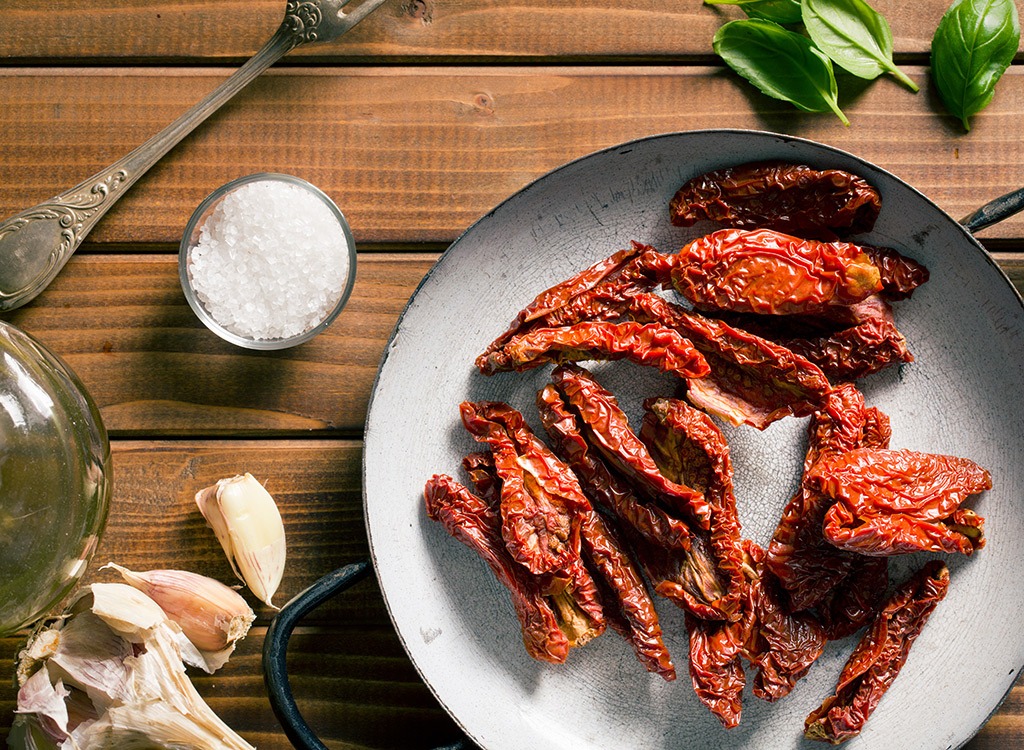


While there is an optimized diet for hypertension and optimal cardiovascular health, lowering your cholesterol through your diet is actually pretty straightforward. A blood test can determine whether you have high cholesterol, and your doctor may recommend exercise or medication in addition to a healthier diet. A high LDL level puts you at risk for heart attacks and strokes because it can clog arteries with plaque, a condition called atherosclerosis. HDL cholesterol (also known as "good" cholesterol) helps to sweep away LDL cholesterol, or what's commonly referred to as the "bad" kind. The good news is you can you get ahead of the curve, it's all about adding more foods that are rich in good sources of cholesterol - not all cholesterol is the same, in fact! - and finding foods that can cut how much cholesterol you're eating elsewhere.įirst, a quick explainer: Cholesterol is a waxy substance that travels through your bloodstream, but not all of it is bad. A diet high in cholesterol can also influence your risk of stroke, but presents no signs or symptoms beforehand, which is why strokes can feel so sudden and unexplained. But, you aren't alone - according to the Centers for Disease Control and Prevention, nearly one in three Americans are plagued with high cholesterol, a risk factor that significantly plays into your prospects of developing heart disease in the long run. Learning that you have elevated cholesterol can feel like a big blemish on an otherwise good bill of health.


 0 kommentar(er)
0 kommentar(er)
